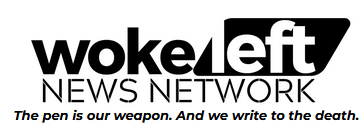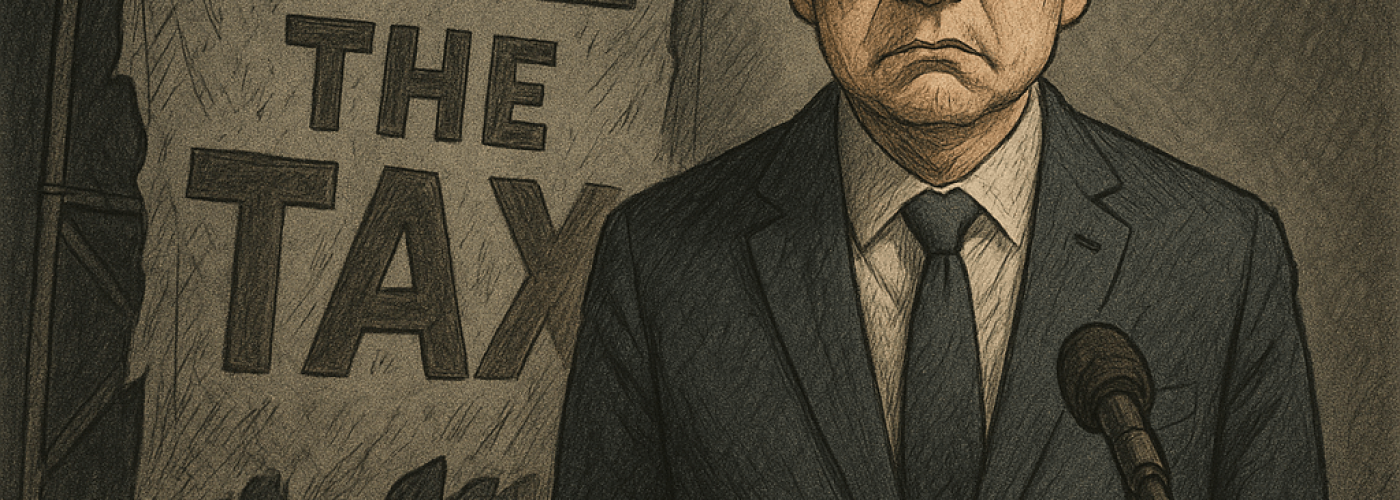by: Louise Mignault
After losing the election—and his own seat—Pierre Poilievre’s hold on the Conservative Party may be weaker than it looks, despite public pledges of support from caucus members.
Poilievre’s rise was fast, but so was his fall. That kind of collapse reveals more about the shaky foundation of his popularity than anything else. And it’s something the party will have to reckon with.
It’s worth remembering that not long ago, Poilievre was a relative unknown outside Conservative circles. So, how did he blow up so quickly? I think it was a perfect storm of timing, tactics, and tone. He hitched himself to the convoy when frustration was peaking. He branded himself as the “freedom” candidate because people were fed up with government mandates. He talked fast, tweeted often, and tapped into a deep well of resentment toward Trudeau, institutions, and anything that smelled like the status quo. Harper’s blessing helped open the door, but it was rage-farming that kicked it wide open.

A Campaign Built on Division
Poilievre amplified his brand by zealously stoking anger and spent millions ($8.5M in 2023 alone) on a negative ad blitz against Justin Trudeau, “gatekeepers,” elites—anyone who made for a good target. His messaging didn’t aim to unite; it aimed to provoke. And in a country exhausted by lockdowns, inflation, and housing crises, it worked—for a while.
But fear doesn’t bind people together in the long run—it burns them out. You can’t build a country, or a stable coalition, on resentment alone.
No Platform, No Plan
Poilievre’s slogans—“Axe the tax,” “Make Canada affordable again,” “Bring it home”—rang loud for some but were empty for me. Populism filled the Conservative Party space where a real platform should’ve been.
Take “Axe the Tax.” Poilievre used it from mid-2023 to early 2025, to the point of calling for an “Axe the Tax election,” but when Mark Carney proposed a more coherent path—easing the carbon burden while introducing smarter, targeted climate policies—Poilievre had no answer. He was suddenly stripped of a very important target to rage at, and had no plan B.
Fueled by Fear, Undone by Reality
Manipulating voters through rage is not leadership. It made Poilievre a symbol, not a statesman. And symbols can be replaced.
During and after the COVID years, Canadians were deeply anxious about lockdowns, inflation, housing, and government control (real or perceived). Poilievre took those anxieties and channelled them into a rage. He pointed to Trudeau, shouted “freedom,” and positioned himself as the antidote to “woke” Liberal arrogance.
As the U.S. veered toward a second Trump presidency and Trudeau stepped aside, the conversation shifted. Canadians were no longer asking who could defeat Trudeau—they were asking who could protect them if Trump returned. Who would defend trade and the economy if tariffs hit? Who would hold the line on democracy, diplomacy, and climate cooperation?
Poilievre didn’t come close to answering those questions. His slogans were tired. His “burn it down” attitude felt reckless. And that’s when the cracks began to show.
Canadians Saw the Trump Parallels—And Flinched
Poilievre’s playbook was never original—it mirrored Trump’s. The personal attacks, the culture war rhetoric, the disdain for institutions. Trump supporters endorsed him. He aligned himself with the convoy protestors even as the country tried to move forward. For disaffected voters, it worked. But when Trump re-emerged—louder, meaner, and more dangerous—Canadians flinched. They didn’t want that chaos here.
Trump wasn’t Poilievre’s booster. He was the warning sign for the Conservative Party.
Losing Home Base
Even in his own riding of Carleton, Poilievre seemed more focused on national headlines than local concerns. His attention was taken by photo ops, rally stages, and culture war battles—not town halls, service delivery, or any direct engagement.
Meanwhile, Liberal challenger Bruce Fanjoy showed up. He listened. He put in the work. And it paid off. He won the riding by a significant margin.
Poilievre forgot the golden rule of Canadian politics: you don’t take your riding for granted.
Now, in a move that reeks of damage control, Conservative Party MP-elect Damien Kurek will reportedly resign his seat in the Alberta riding of Battle River—Crowfoot to allow Poilievre to run in an upcoming byelection. It’s a desperate attempt to maintain relevance—because without a seat, Poilievre can’t sit in the House, and without that visibility, he loses relevancy fast.
This kind of backroom politics doesn’t advertise leadership—it whispers panic. Canadians just rejected the anger and chaos he sold them. Arranging a byelection isn’t going to change that.
Fear Fades. Expectations Don’t.
Leaders who rise by exploiting fear rarely survive when that fear turns on them. And in this era of global instability—climate change, war, economic uncertainty—Canadians are not looking for more chaos. They’re looking for competence.
You can’t make people feel secure by scaring them. You can’t calm a nation by stoking panic. Eventually, people just get tired of being angry. And they look for someone who can deliver.
Signs the Mood Is Shifting
There’s growing evidence that Canadians are stepping away from politics fueled by anger and division. In the 2025 federal election, the People’s Party of Canada failed to win any seats, and convoy-aligned independent candidates made little impact, despite a strong online presence and media attention.
A March 2025 Abacus Data poll found that support for the Conservative Party dropped 16 points between mid-January and late February (Abacus Data).
Across the border, Americans aren’t just concerned about Trump’s return—they’re alarmed. With fears of democratic backsliding and rising authoritarianism, Trump-style politics is becoming a global cautionary tale. For many Canadians, the idea of importing that chaos feels like a step too far.
In contrast, public attention has shifted toward leaders offering policy depth and economic pragmatism. Figures like Mark Carney are gaining traction not through culture war rhetoric, but through a tone of stability, credibility, and serious engagement on global issues like climate change and trade.
Together, these trends suggest a changing political appetite. Anger may still spark interest, but it no longer guarantees support. Canadians appear to be looking for something more grounded and more capable than just slogans.
A Warning to His Party
Despite pledges of support from Conservative MPs, the writing is on the wall. Rage may have won Poilievre a moment, but it didn’t win him a mandate.
And, if the Conservative Party ties itself too tightly to a figure whose main appeal is built on division and performance, it risks becoming just as fragile.
Because even if anger works once—it doesn’t mean it will work again.


